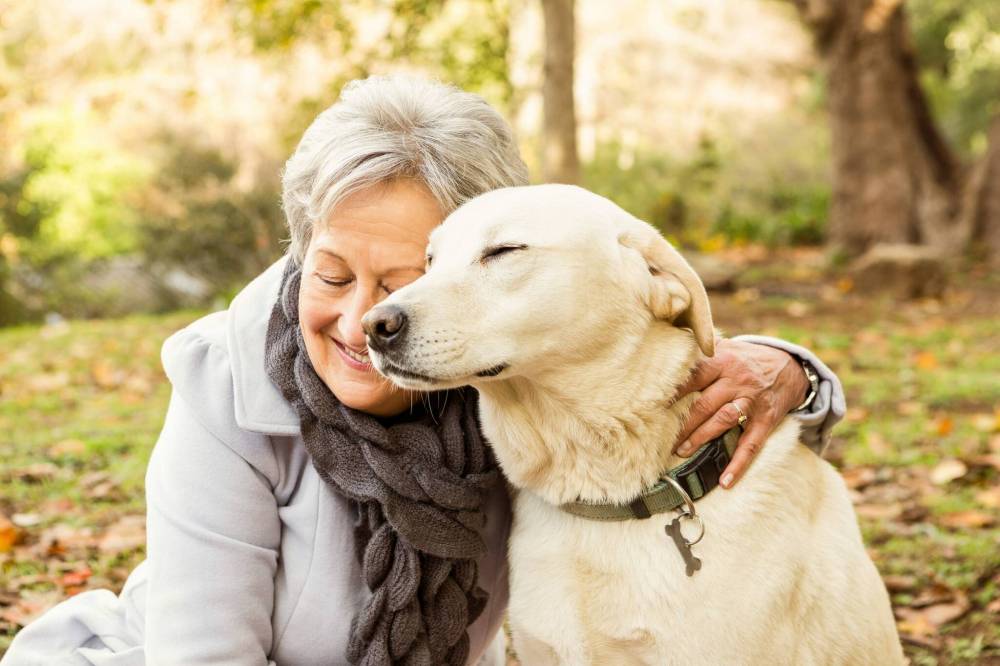Pets should be considered when estate planning
Advertisement
Dear Money Lady Readers,
I recently volunteered at the SPCA in Toronto last month with a friend who goes regularly. And I was so very surprised at all the stray cats. All the little cages were full, so I decided to write about our pets this month.
Many retirees treat their pets like children, a member of the family — but what happens if your pet outlives you? Planning for our future is something we all know to do, but we should also consider proper planning for our pets to ensure they do not face the uncertain fate of your local shelter.

File photo
Those planning their estates should also consider proper planning for pets to ensure they do not face the uncertain fate.
Legally, pets are considered property, therefore unless you state otherwise, upon your death, your pet will become the property of whomever receives the rest of your personal items, such as furniture, cars, etc. Does this person want the responsibility of caring for your pet and are they suitable? Often a friend or family member may say that they will take your pet when you pass, but sometimes these arrangements can change over time. What happens if the new caregiver also has pets and they don’t get along? What if the new widowed pets are incompatible with other family members? Or perhaps the new caregiver may have changed their mind now that they are faced with this responsibility.
The only way to really ensure that your pet is given to someone willing and able to care for it is to make a special provision in your will or estate plan. Here are some tips that you should consider when making your own personal plan for your beloved pet(s).
1. Select two or three responsible people to take care of your pet for absence during short-term emergency situations, or as permanent caregivers. Have your administrator reach out to each person to see if they are still willing to care for the pets.
2. Provide your future caregivers with detailed instructions on care, food, routines, vet and emergency needs. Give them a small notebook with all the specific details that are important to you and your pet should you die or become incapacitated.
3. Carry the caregiver instructions or contact information in your wallet. I have some clients that even have the details of their wishes put on a pre-printed business card or “alert card” and carry it with them. Some have also given these cards to all their family and friends.
4. If you have multiple pets, consider how you want them to be cared for — together or apart?
5. Ensure you have set aside funds for the future care of your pets. This can be gifted to your future pet guardian and provides safeguards so that they are more willing to adopt your pets wholeheartedly without suffering a financial burden.
There are so many Canadians now in retirement alone with only their pets as day-to-day companions. We need to take care of ourselves and always be planning. Write down your expectations, change things if you have to, but have your say and make sure it is done your way!

Christine Ibbotson
Ask the Money Lady
Christine Ibbotson is an author, finance writer and national radio host, now appearing on CTV News across Canada and BNN Bloomberg across Canada and the U.S.A. Send her your money questions through her website at askthemoneylady.ca
Our newsroom depends on a growing audience of readers to power our journalism. If you are not a paid reader, please consider becoming a subscriber.
Our newsroom depends on its audience of readers to power our journalism. Thank you for your support.




